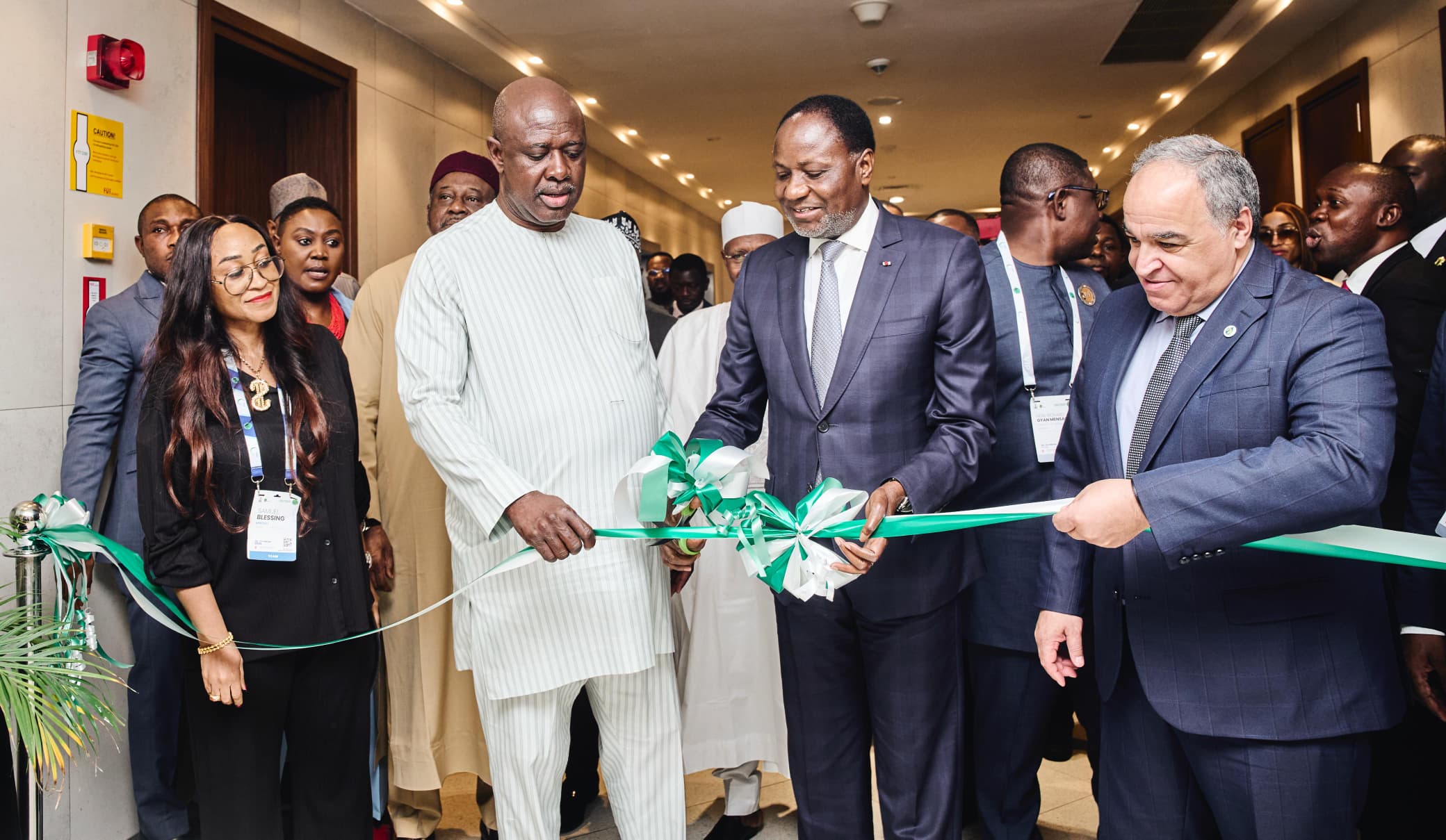The Role of Men in Supporting Women’s Empowerment. By Falilat Oreoluwa Dikko

The Role of Men in Supporting Women’s Empowerment
Once upon a time and sadly, still too often today women were told that their place was in the kitchen, not the boardroom. That their job was to be seen and not heard. That their worth began and ended with marriage and motherhood. But let’s get one thing straight: the fire of women’s empowerment cannot burn bright without fuel and in this case, that fuel includes men. Yes, men. Fathers, brothers, husbands, uncles, friends, neighbours, colleagues, even that bearded guy at the corner who still believes feminism is a Western conspiracy.
Supporting women’s empowerment is not a favour; it is a necessity. As the French say, “Les grands esprits se rencontrent” (great minds think alike). And if you believe in fairness, justice, and growth, then you should believe in empowering women.
Let’s take a look around us. Ngozi Okonjo-Iweala didn’t become the Director-General of the World Trade Organization by baking pies. She rose through sweat, intelligence, and grit. But she often mentions her father, Professor Chukwuka Okonjo, who treated her like she had as much right to lead as any man. That’s where it starts… from the roots. The home. The people around her who chose not to clip her wings but to cheer as she flew.

The role of men is not just to open doors but to stop others from closing them. Because let’s be honest, how many times has a brilliant woman been interrupted in a meeting by a man who repeats her idea five minutes later like he just invented fire? It’s called “hepeating.” It happens in Lagos. It happens in London. It happens in meetings, classrooms, churches, mosques and even WhatsApp groups.
Men have to become conscious gatekeepers, not gate crashers. They must learn to say, “No, wait. Let her finish.” Or, “Actually, that was Chioma’s idea.” That is what support looks like not fireworks or drama, but everyday acts of fairness.
Let me tell you about my friend Lanre. He’s a banker in Abuja, and happily married to Yemisi, a lawyer. They have three kids and one shared dream: mutual respect. When Yemisi got promoted and had to move to Port Harcourt for a while, Lanre packed up the house, got a remote work setup, and moved with her. “My wife’s dreams are not less important than mine,” he said. That’s not weakness. That’s strength. That’s partnership.

We need to move past the idea that a man loses his shine if a woman beside him starts to sparkle. My brother, your light does not dim because someone else is shining. This is not NEPA.
In the wider world, look at Barack Obama. A man who famously said that everything he achieved was possible because Michelle had his back. Now that’s not just romantic talk; that’s recognition. That’s humility. That’s a real man who understands that empowerment is not a competition but a collaboration.
Too many men have been conditioned to think they are the sun and women are merely the planets revolving around them. But sometimes, my guy, you’re not the sun you’re just a rechargeable lamp. And that’s okay. Take your seat. Learn. Listen.
There’s a beautiful Greek proverb that says, “A society grows great when old men plant trees whose shade they know they shall never sit in.” What does that mean here? It means men must support the empowerment of women not because it benefits them directly, but because it builds a better world for their daughters, nieces, granddaughters, and generations unborn.
Empowerment isn’t just about getting women into leadership roles or giving them equal pay. It’s also about helping them walk into rooms with their heads high, knowing they will not be dismissed, diminished, or disrespected.
Sometimes, support is in the little things. That boss who doesn’t question a woman’s capacity just because she’s pregnant. That pastor who teaches his congregation that Proverbs 31 is about strength, wisdom, and dignity and not kitchen duty. That friend who speaks up when someone makes a sexist joke. That father who tells his daughter, “You can be an engineer or a pilot, or both if you like.”
It is in these moments that the tide turns.
Let’s not forget the role of unlearning. Many men were raised in homes where women’s work was considered “easy” or “natural”, as if washing, cooking, nursing, managing chaos, wiping tears, and raising functional humans was just another day in the park. That mentality needs to pack its bags and go. Women are not born to serve; they are born to soar.
And sometimes, women are their own wings but men can be the wind. Or better still, the ladder. Just hold the ladder steady. Don’t shake it. Don’t complain that it’s too tall. Just hold it.
And let’s laugh a little. Because sometimes, when a man is asked to babysit his own children, he says he’s “helping” his wife. Helping? Sir, they’re your kids too. You are not the backup singer in the parenting choir, you are part of the duet. Grab the mic!
When men support women, the ripple effects are powerful. Communities grow. Economies thrive. Peace deepens. Children learn equality as a language spoken fluently at home.
This isn’t a war between genders. It’s not about men stepping down. It’s about everyone stepping up.
The idea that empowering women threatens men is like saying more candles in a room reduce your own flame. In reality, the more candles we light, the brighter the room becomes. And guess what? Everybody sees better.
So to the men reading this: speak up for women, but also sit down and listen to them. Offer help, but also ask how you can help. Don’t just be a “man of the house.” Be a man of honour. Be a man of empathy. Be a man who plants trees.
And to the women: keep rising, keep shining, and when you see a man who genuinely supports you be it your father, husband, boss, friend—thank him, challenge him, grow with him. Because that’s how we change the world: hand in hand, heart to heart.
Empowerment is not a solo song. It’s a chorus. And when men and women sing together, the harmony can move mountains.
Falilat Oreoluwa Dikko, author and public affairs analyst writes from Lagos Nigeria 20th June, 2025




